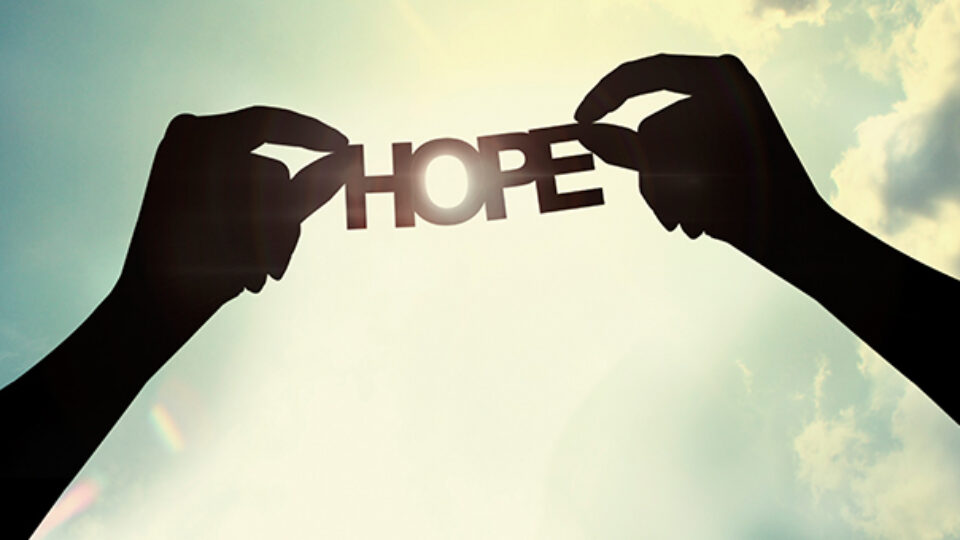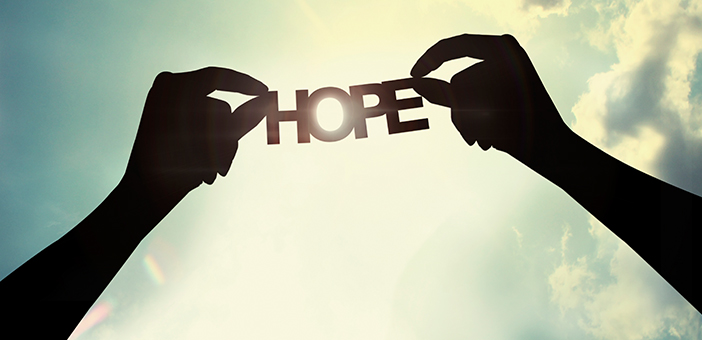
10 Nov2017

share



Under this conceptualization of hope, emotions follow cognitions, not the other way round. Hope-related cognitions are important. To read the full article go to pychologytoday
Hope leads to learning goals, which are conducive to growth and improvement. People with learning goals are actively engaged in their learning, constantly planning strategies to meet their goals, and monitoring their progress to stay on track. A bulk of research shows that learning goals are positively related to success across a wide swatch of human life—from academic achievement to sports to arts to science to business.
Those lacking hope, on the other hand, tend to adopt mastery goals. People with mastery goals choose easy tasks that don’t offer a challenge or opportunity for growth. When they fail, they quit. People with mastery goals act helpless, and feel a lack of control over their environment. They don’t believe in their capacity to obtain the kind of future they want. They have no hope.
Snyder and his colleagues came up with a way of measuring hope, both as a stable trait of an individual and as a state one can be in anytime. The Hope Scale, which has been translated into more than 20 languages, includes items relating to agency (e.g., “I energetically pursue my goals”), and pathways (e.g., “There are lots of ways around any problem”).
Athletes had higher levels of hope than non-athletes. Hope also predicted semester GPA over overall GPA and overall self-worth. Among female cross-country athletes in particular, the state of having hope predicted athletic outcomes beyond training, self-esteem, confidence, and mood.